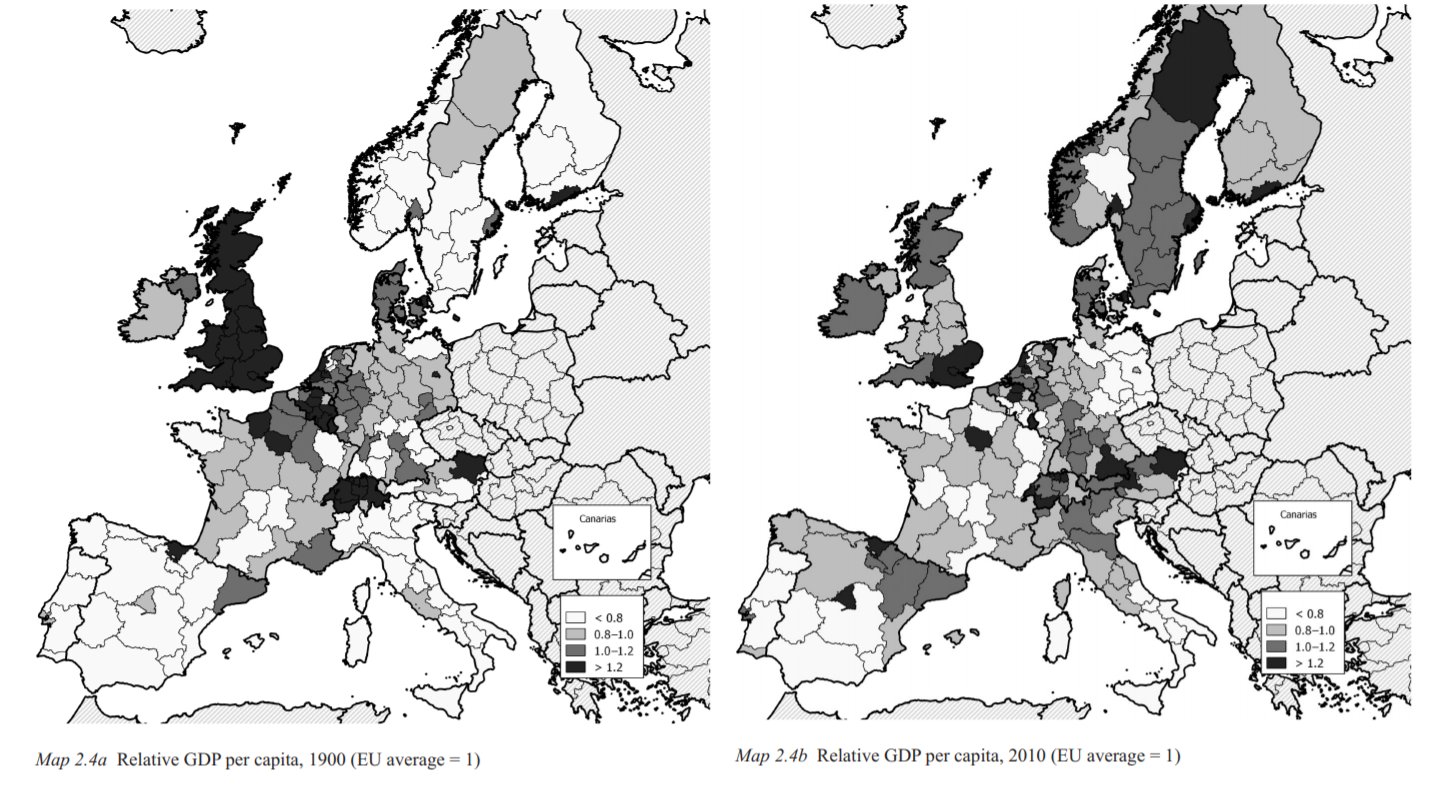Perhaps Shorter Attention Spans Aren’t Necessarily a Bad Thing

What’s the Latest?
You can’t swing a dead cat around the social sciences community without hitting someone going on and on about the decline of society’s collective attention span. Some estimates state that the average human attention span has dropped 33% since 2000. Technology and the internet is certainly the main factor, but what’s really happening here is a universal culture shift to accommodate our ubiquitous new tech toys. As far as taking a stand on the issue is concerned, social critics almost categorically bemoan the attention span shift.
The Pacific Standard’s Noah Davis holds a different opinion:
“The world is faster, faster, faster these days. That’s the current reality, and it’s not going anywhere. Leaving a page that isn’t loading isn’t a character fault; it’s smart. You can get the information you were after elsewhere, and you can get it faster. If we really valued what we were made to wait for, well, we would wait.”
What’s the Big Idea?
Davis is referring to this Guardian article explaining how nearly 1/3 of internet users will abandon a slow-loading website. His argument is that our shorter attention spans actually allow us to draw the most value out of life. Perhaps, as Davis might suggest, the longer attention spans of the past belonged to a culture more content with having its time wasted. The decision to exit out of a slow-loading website is merely the result of an internal cost/benefit analysis. This is not to say only media delivered quickly possesses value. Davis point out that 90-second commercial advertisements can be extremely successful as long as they are well-crafted. People, even those with short attention spans, are willing to wait for a strong payoff.
Read more at Pacific Standard
Photo credit: Photographee.eu / Shutterstock




